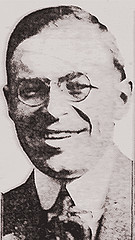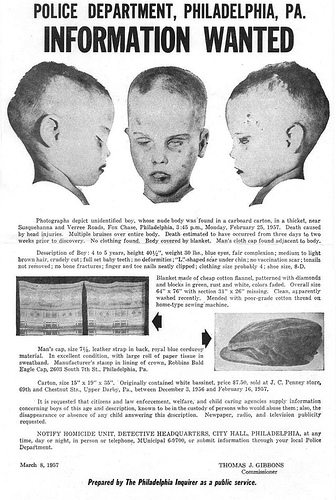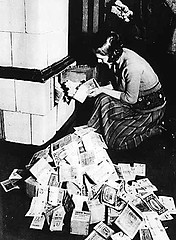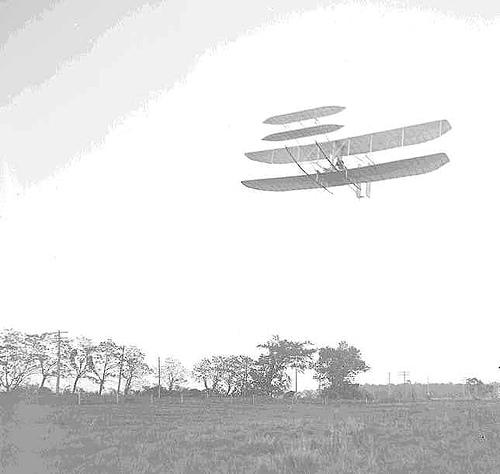Your foot’s as long as your forearm.
“Idling I Sit in This Mild Twilight Dim”
A univocalic is a poem that uses only one vowel. This example was composed by Charles Bombaugh in 1875:
Incontrovertible Facts
No monk too good to rob, or cog or plot.
No fool so gross to bolt Scotch collops hot.
From Donjon tops no Oronooko rolls.
Logwood, not lotos, floods Oporto’s bowls.
Troops of old tosspots oft to sot consort.
Box tops odd schoolboys oft do flog for sport.
No cool monsoons blow soft on Oxford dons,
Orthodox, jog-trot, book-worm Solomons!
Bold Ostrogoths of ghosts no horror show.
On London shop-fronts no hop-blossoms grow.
To crocks of gold no dodo looks for food.
On soft cloth footstools no old fox doth brood.
Long storm-tost sloops forlorn work on to port.
Rooks do not roost on spoons, nor woodcocks snort,
Nor dog on snowdrop or on coltsfoot rolls,
Nor common frog concocts long protocols.
Social Climber

On Nov. 11, 1918, 47-year-old Harry H. Gardiner opened an insurance policy with the Bank of Hamilton in Ontario.
That wouldn’t be big news, except for the circumstances: He was clinging to the outside of the building at the time, and sticking his head in through one of the open windows.
Gardiner had been a professional “human fly” since 1905, climbing more than 700 buildings throughout Europe and North America, using no special equipment and usually wearing ordinary street clothes.
His other conquests included Detroit’s 12-story Majestic Building (1916, wearing tennis shoes); the 16-story Empire Building in Birmingham, Ala. (1917); and Vancouver’s 17-story World Building (now the Sun Tower) (1918), home of the Vancouver World.
Gardiner must have been glad to get the policy. History doesn’t record how he died … which probably isn’t good.
06/01/2018 Yikes, it sure wasn’t. (Thanks, Ben.)
Pride of Place
In a film’s opening credits, the director always comes last.
“Horses Feeding One Another”
M. de Bossanelle, captain of cavalry in the regiment of Beauvilliers, relates in his ‘Military Observations,’ printed in Paris in 1760, ‘that in the year 1757 an old horse of his company, that was very fine and full of mettle, had his teeth suddenly so worn down that he could not chew his hay and corn, and that he was fed for two months, and would still have been so fed had he been kept, by two horses on each side of him that ate in the same manger. These two horses drew hay from the rack, which they chewed, and afterward threw before the old horse; that they did the same with the oats, which they ground very small and also put before him. This was observed and witnessed by a whole company of cavalry, officers and men.’
— Frank H. Stauffer, The Queer, the Quaint and the Quizzical, 1882
The “Boy in the Box”

On Feb. 25, 1957, a pedestrian came upon a cardboard box in the Fox Chase section of Philadelphia. Inside was the naked, battered body of a young boy between 4 and 6 years old.
A media sensation ensued throughout the Delaware Valley, and pictures of the boy were inserted in every gas bill in Philadelphia. But the boy’s identity has never been established, and the case has never been solved.
Money to Burn

During the German hyperinflation of the early 1920s, prices doubled every 49 hours.
That meant that paper currency notes were cheaper than firewood.
Inverted Sightseeing
In 1900, Johann Hurlinger walked on his hands from Paris to Vienna. He covered 870 miles in 55 days, averaging 10 hours a day. That’s about 1.5 miles per hour.
See also The Stilt-Walkers of Landes.
Slow News Day

Orville Wright over Huffman Prairie, Ohio, October 1905.
The media didn’t make much of the Wright brothers’ early flights, in part because of their secretiveness. Scientific American turned down a story, and the Paris edition of the Herald Tribune ran a 1906 feature called FLYERS OR LIARS?
In a Word
anaxiphilia
n. the act of falling in love with the wrong person
